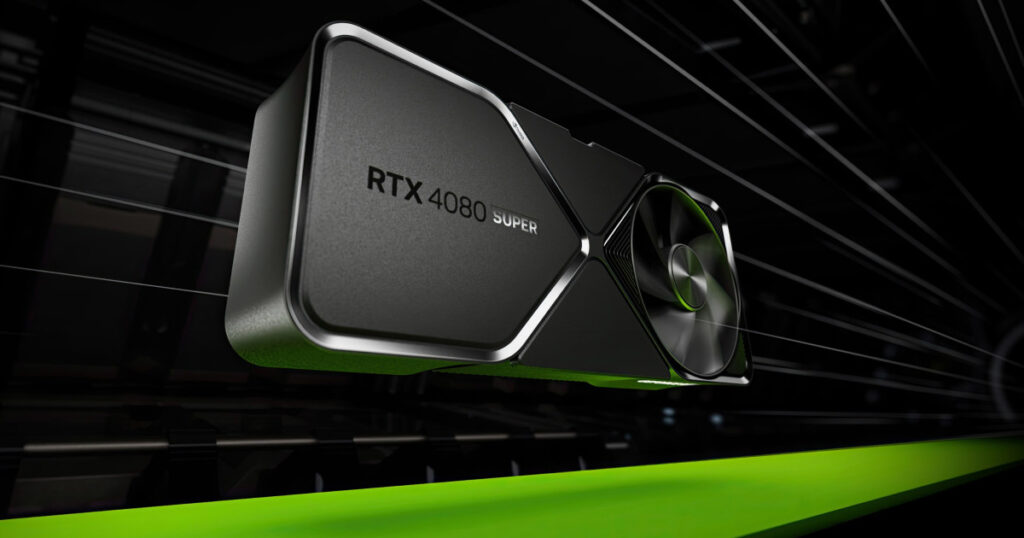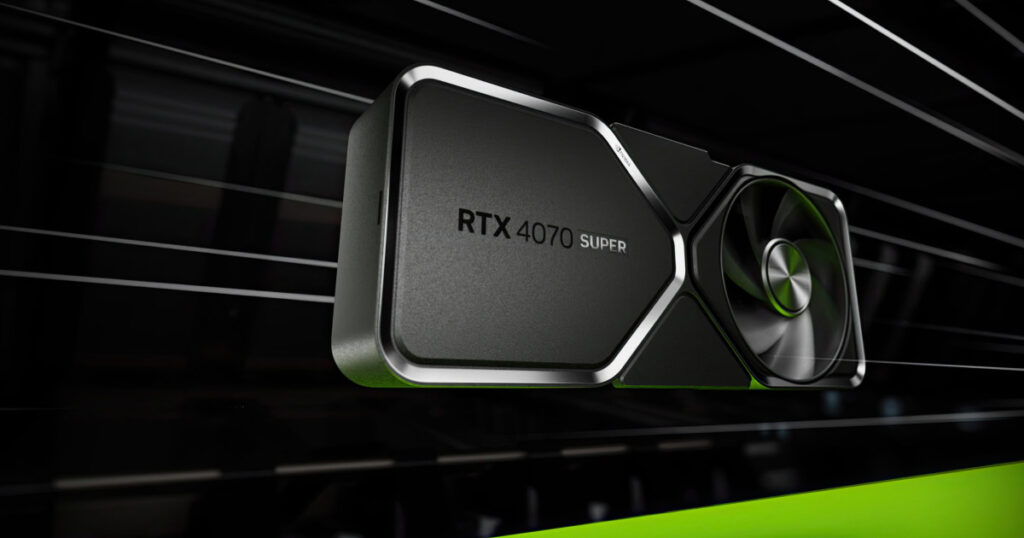The beginner's guide to buying a gaming laptop.
What to look for when buying a gaming laptop
Whether you’re looking at mainstream computer brands like Dell and Lenovo or more dedicated gaming ones like Razer and MSI, the number of choices when it comes to gaming laptops is immense. Of course, the flip-side of this healthy competition is that actually choosing between any of the many options can be confusing or intimidating - especially if you’re not particularly computer savvy.
If you’re looking at buying a gaming laptop and unsure about where to start, here are a few things to look for and consider before you pull out your credit card.
1. Screen size
If you mistakenly buy a gaming laptop with an inferior screen, you can’t work around that shortcoming in the way that you can when you buy something that’s lacking in RAM, storage or GPU performance. You’re stuck with it.
Screen size also directly informs the other parts inside a laptop. A laptop with a larger screen attached usually has a larger chassis supporting larger, additional or more complex components. The reverse can also be true. If you want a thinner laptop, it usually means opting for one with either a 13-inch or 15.6-inch display.
You’ll also want to make sure the screen on your gaming laptop supports IPS (in-plane switching. This technology ensures the widest viewing angles and a more comfortable gaming experience.
2. Resolution
When it comes to resolution, A 1080p resolution (Full HD) is considered the minimum, but you can - and should - expect better. Aiming for a laptop with a 1440p (also known as QHD or QuadHD) resolution display doesn’t usually cost that much more, and it will yield visibly superior results.
Many gaming laptop manufacturers also now offer 4K resolution displays as an optional add-on. Now, this might be worth considering if you’re keen to watch or edit 4K content of any sort. However, gaming in 4K is more complicated to recommend for several reasons.
Firstly, 4K isn’t supported by many game developers, leading to some inconsistent results when it comes to performance. Second, a gaming laptop with a 4K display will only be worth it if the rest of the package is beefy enough to deliver a good 4K gaming experience.
3. Refresh Rate
The refresh rate of a screen measures how frequently it changes. The faster your screen changes, the sooner you’ll be able to see things happen and react. If you play fast-paced multiplayer games like Fortnite, Valorant or Call of Duty, you’ll know that the difference in milliseconds that a higher refresh rate gets you can count for a lot.
Higher is better here. Jumping from the standard 60Hz or 90Hz you’ll find in more conventional laptops to the 144Hz, 165Hz, or even 240Hz screens you can find in modern gaming laptops might not sound like a considerable upgrade. However, the refresh rate (and response time) can be just as important as the number of pixels on display.
4. Ports
Like screens, ports directly impact your everyday experience with the hardware. If you buy a laptop that doesn’t have enough ports to support your gaming mouse, headset, microphone, webcam or even keyboard, you’re going to notice pretty quickly.
Although you can work through such a situation with dongles and other accessories, this process is usually a headache. Most of the time, it’s better (and cheaper) to make sure you buy a gaming laptop with enough USB ports in the first place.

5. Future-proofing
If you want your next gaming laptop to last as long as it can, there are two approaches you can take.
The first of these is to overshoot the mark when it comes to your desired specs. It isn’t the cheap way to go, but the brute-force approach to making sure you walk away with a gaming laptop that lasts is to ensure you buy one with the most recent generation of processor, a high-end dedicated graphics card and plenty of RAM and ROM to spare.
The second way to go about things is to make sure that whatever model or make you settle on has support for upgrades later down the line. There are no hard rules here, so be sure to investigate thoroughly. Some laptops, like the Dell XPS 15, support upgradable RAM and storage. Other laptops, like the latest Apple Macbooks, do not. Gaming laptops like the Alienware Area 51m even let you upgrade the GPU.
If you don’t want to pay the premium price of a laptop with cutting-edge specs, settling for the one you can upgrade over time is a great alternative. It can save you money up-front and potentially over the long term as well.
Related Articles



